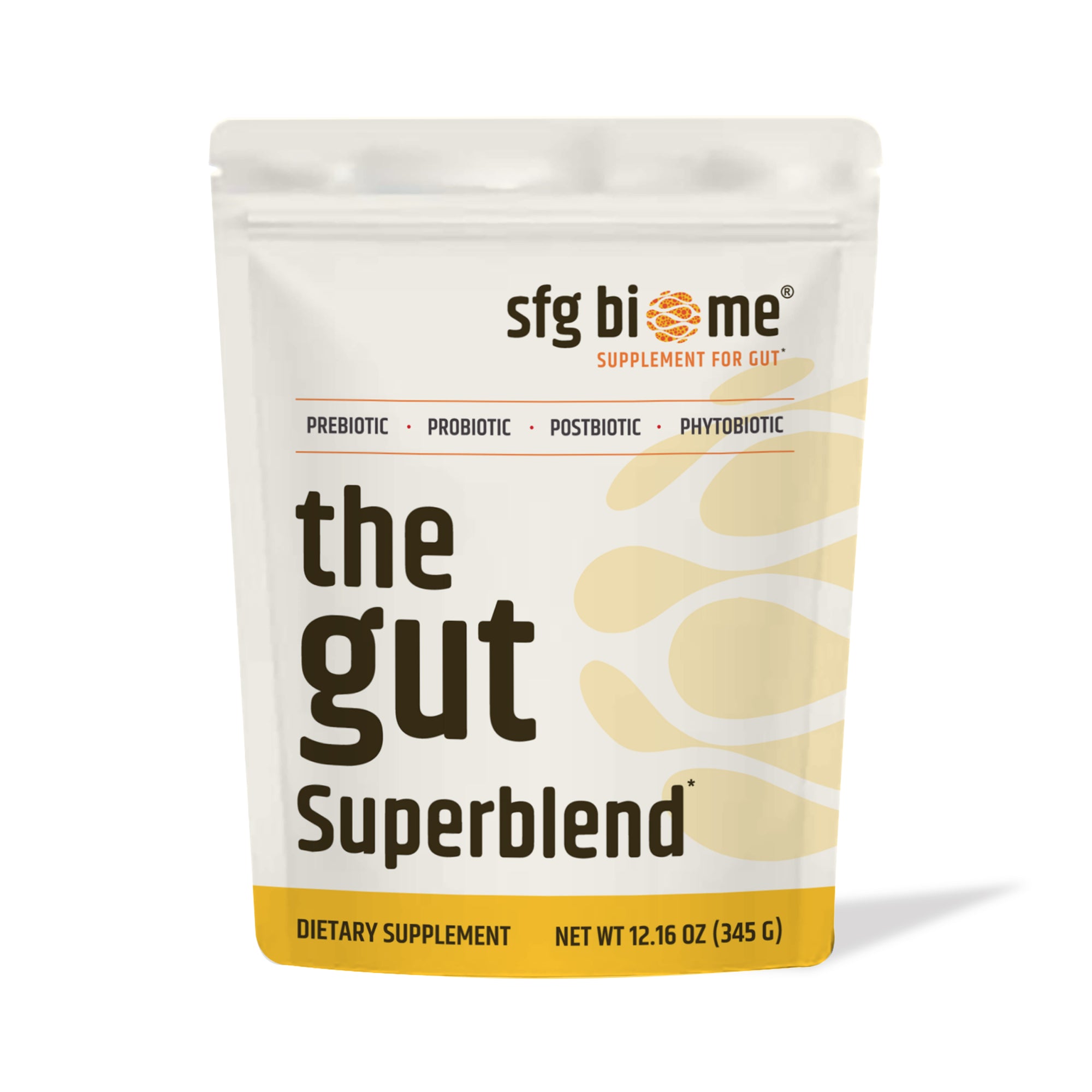The Gut Microbiome: Your Inner Community
Inside your gut lives an entire ecosystem made up of good bacteria, fungi, and other microorganisms. This is called your gut microbiome, and it plays a big role in digestion, nutrient absorption, and even your immune system.
When your gut bacteria are in balance, your body is better at absorbing vitamins and minerals, producing important compounds, and keeping harmful microbes in check. But when your gut is out of balance it can affect not just digestion, but also your energy, mood, and sleep patterns.
Here’s how your gut health might be shaping your sleep patterns and overall rest
- • The Gut–Brain Connection
Your gut and brain are in constant conversation through nerves and chemical signals. One pathway, called the vagus nerve, allows your gut microbes to “talk” to your brain. If your gut is stressed, your brain often feels it, too—which can disrupt sleep. - • Sleep Hormones
Your gut helps produce and regulate important sleep-related chemicals, including serotonin and melatonin. Serotonin affects mood and relaxation, while melatonin is known as the “sleep hormone” that helps your body know when it’s time to rest. A healthy gut support balanced levels of these chemicals. - • Inflammation and Immune Health
When your gut is out of balance, it can trigger low-grade inflammation in the body. This inflammation interfere with normal sleep cycles, making it harder to get deep, restful sleep.
Signs Your Gut Be Affecting Your Sleep

If your gut and sleep are connected, how do you know when things are off? While every person is different, some common signs include:
- • Frequent trouble falling asleep or staying asleep
- • Feeling tired even after what should be a full night’s sleep
- • Digestive issues like bloating or irregularity
- • Changes in mood, such as irritability or stress
These signs don’t always mean your gut is the only factor, but they suggest it worth paying attention to.
Everyday Habits That Support Both Gut Health and Sleep

1. Eat Fiber-Rich Foods
Vegetables, fruits, beans, and whole grains provide the fiber your gut bacteria love to eat. This helps beneficial microbes grow and thrive.
2. Include Fermented Foods
Yogurt with live cultures, kefir, sauerkraut, and kimchi provide natural probiotics, which support a balanced gut microbiome.
3. Stay Hydrated
Water helps digestion run smoothly and supports the body’s natural rhythms, including sleep.
4. Set a Regular Sleep Schedule
Going to bed and waking up around the same time each day helps regulate melatonin production—and your gut bacteria respond positively to consistent daily routines.
5. Limit Excess Sugar and Processed Foods
Too much sugar can feed bad bacteria in the gut, potentially disrupting balance and influencing sleep cycles.
6. Manage Stress
Stress hormones affect both the gut and sleep. Relaxation techniques like deep breathing, gentle exercise, or meditation support both systems.
7. Consider Probiotic, Prebiotic or Postbiotic Supplements
Some people add supplements as part of their gut health routine. Probiotics introduce beneficial bacteria, while prebiotics are special fibers that feed them. Postbiotics are bioactive substances created when probiotics (good bacteria) digest prebiotics (dietary fibers). Supplements aren’t a solution for sleep problems, but they are part of a bigger plan for better gut balance and rest. Always consult a healthcare provider before starting new supplements.

Why This Connection Matters
Supporting your gut isn’t just about digestion—it also help create the right environment inside your body for restful, refreshing sleep.
Looking at sleep through the lens of gut health reminds us that the body works as a connected whole. By caring for your gut, you also be giving yourself the gift of better rest.
Final Thoughts
Your gut is more than just a digestive organ—it’s part of a larger system that influences your mood, energy, immune health, and yes, even your sleep. By building daily habits that support your microbiome, you notice improvements not just in how your stomach feels, but also in how deeply you sleep and how refreshed you feel each morning.
FAQs
1. What foods help gut health and sleep?
Fiber-rich foods, fermented foods, and balanced meals can support gut microbes and, in turn, healthy sleep patterns.
2. Do probiotics help with sleep?
Probiotics are not a solution for sleep problems, but studies suggest they support gut balance, which can influence rest.
3. How does stress affect gut health and sleep?
Stress can disrupt gut bacteria and increase hormones that make it harder to relax, affecting both digestion and sleep.




